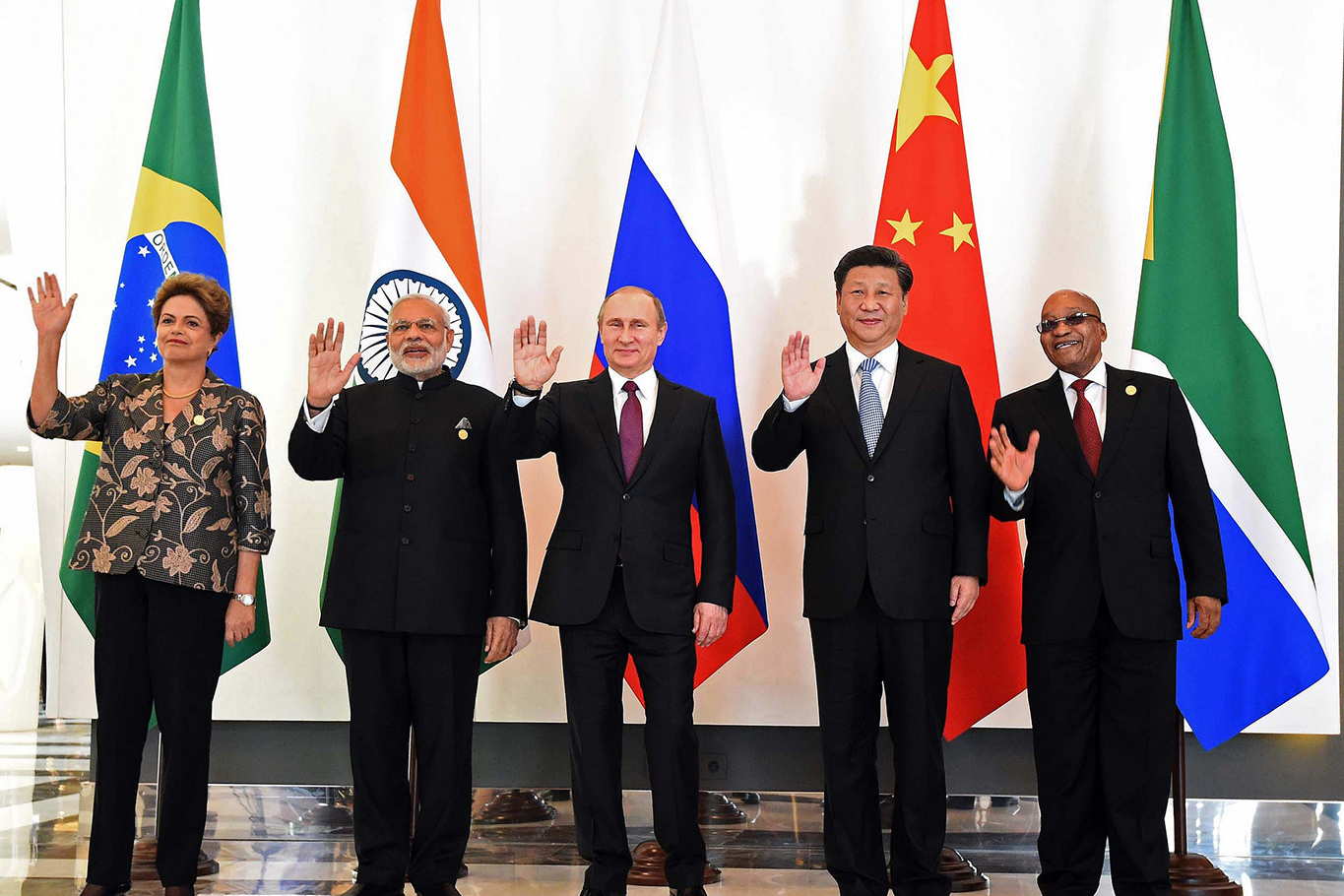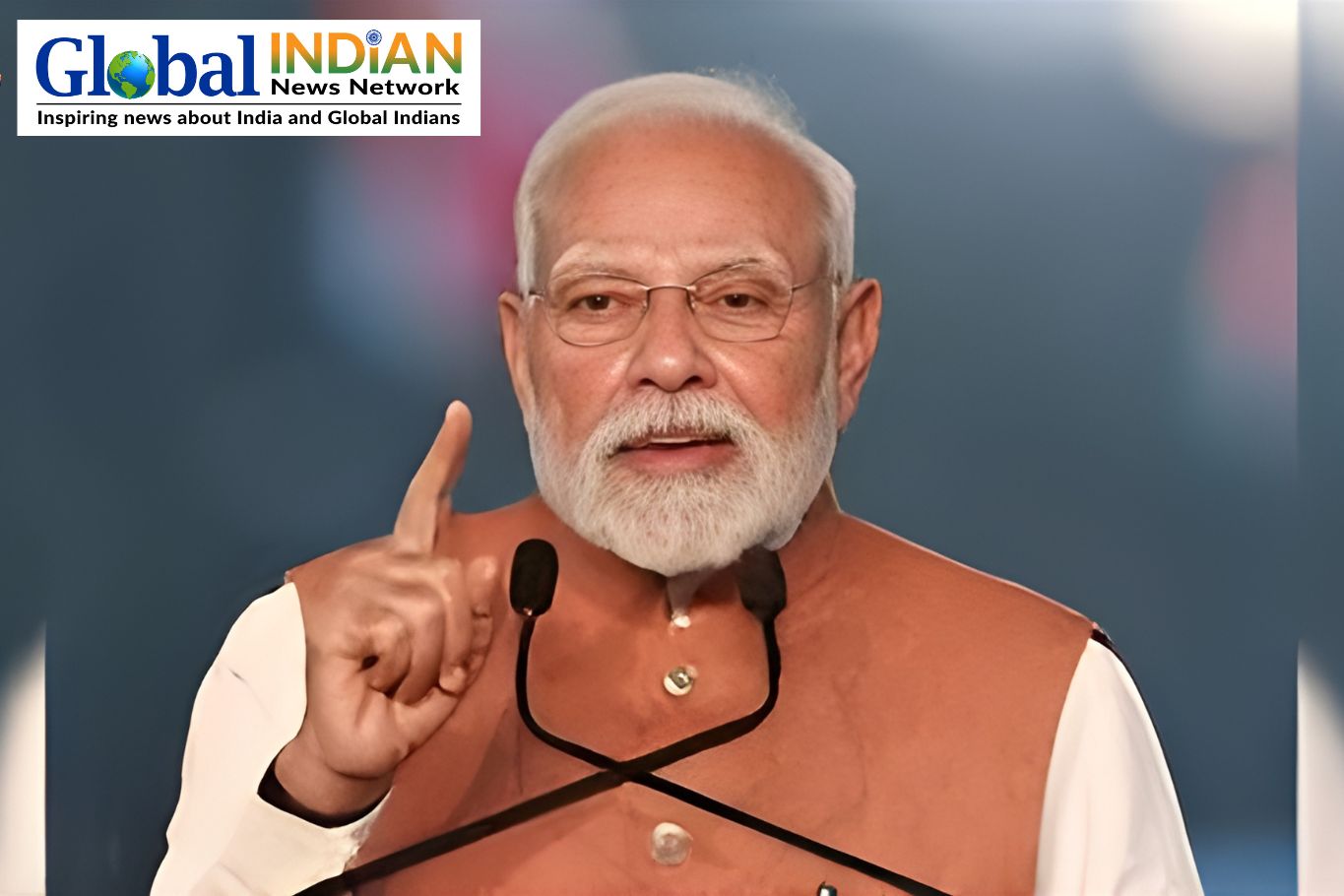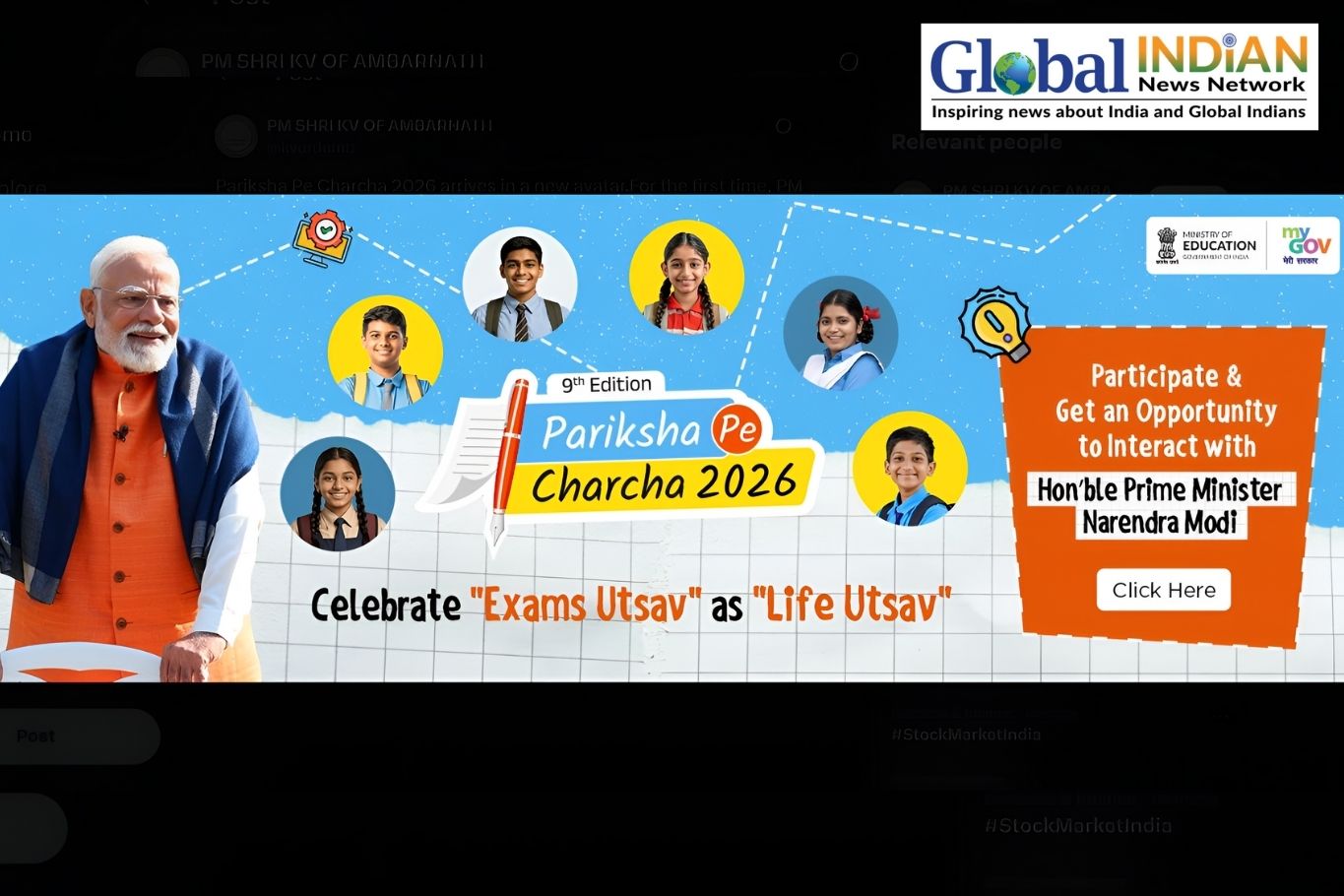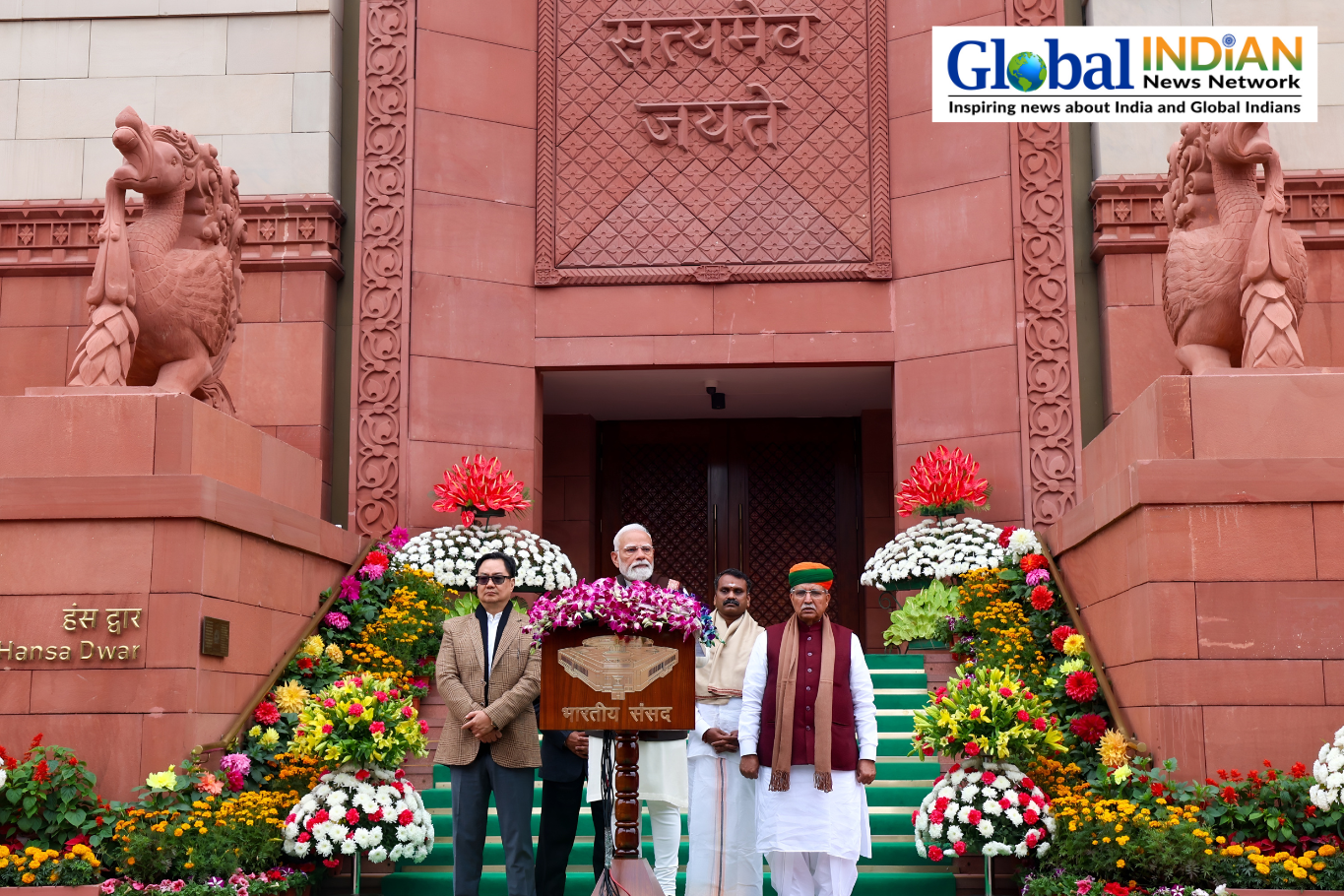 As the BRICS summit of Brazil, Russia, India, China, and South Africa approaches, New Delhi and Beijing are engaging in rapid military diplomacy. High-level discussions between Indian and Chinese corps commanders have focused on reducing tensions along the Line of Actual Control (LAC) in Eastern Ladakh before Prime Minister Narendra Modi and Chinese President Xi Jinping attend the summit in Johannesburg. Talks at the Major General level have also taken place to address longstanding issues in the Depsang plains. This development suggests the possibility of disengagement in remaining conflict areas along the LAC.
As the BRICS summit of Brazil, Russia, India, China, and South Africa approaches, New Delhi and Beijing are engaging in rapid military diplomacy. High-level discussions between Indian and Chinese corps commanders have focused on reducing tensions along the Line of Actual Control (LAC) in Eastern Ladakh before Prime Minister Narendra Modi and Chinese President Xi Jinping attend the summit in Johannesburg. Talks at the Major General level have also taken place to address longstanding issues in the Depsang plains. This development suggests the possibility of disengagement in remaining conflict areas along the LAC.
In the event that an agreement is reached prior to the summit, there could be a meeting between PM Modi and President Xi. The military dialogue follows discussions between Wang Yi, leader of the foreign affairs commission office of the Communist Party of China, and India’s National Security Advisor Ajit Doval and External Affairs Minister S. Jaishankar. These interactions seem to have prompted a result-oriented military dialogue in preparation for the BRICS summit.
The run-up to the BRICS summit brings a sense of familiarity. In 2017, a similar scenario unfolded after the 73-day Doklam crisis, leading to a BRICS summit in Xiamen where Modi and Xi met. This paved the way for subsequent dialogues like the Wuhan summit and the Chennai meeting, which was followed by strained relations due to events like the abrogation of Article 370.
Two reasons make this a suitable time for a tactical thaw between India and China. First, China’s export-focused growth model has suffered due to weakened global economies, especially in North America and Europe. This economic shift prompts China to seek stronger ties with India and explore new markets. Second, the growing alignment between India and the United States, particularly concerning Taiwan, has implications for China. The possibility of the US supporting Taiwan could force China to reconsider its approach towards India. China’s evolving stance towards the US, as seen in ongoing political dialogues and a potential Xi-Joe Biden summit, also affects its perception of India. An improvement in India-China ties can serve to demonstrate India’s strategic autonomy on the global stage.
Ultimately, the reduction of tensions along the LAC and improved India-China relations amid a multipolar world could signal India’s resilience and assertive presence on the international scene.











